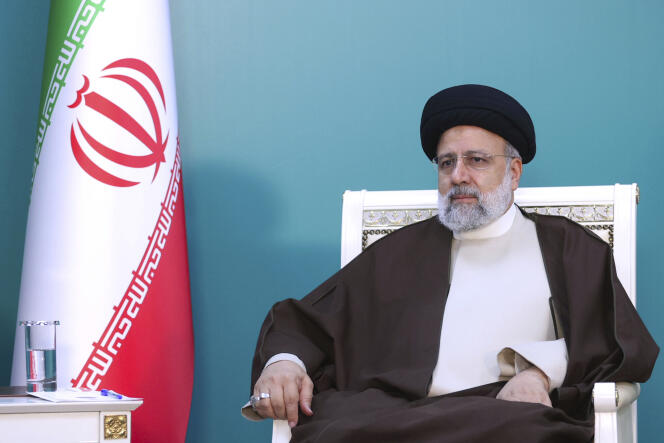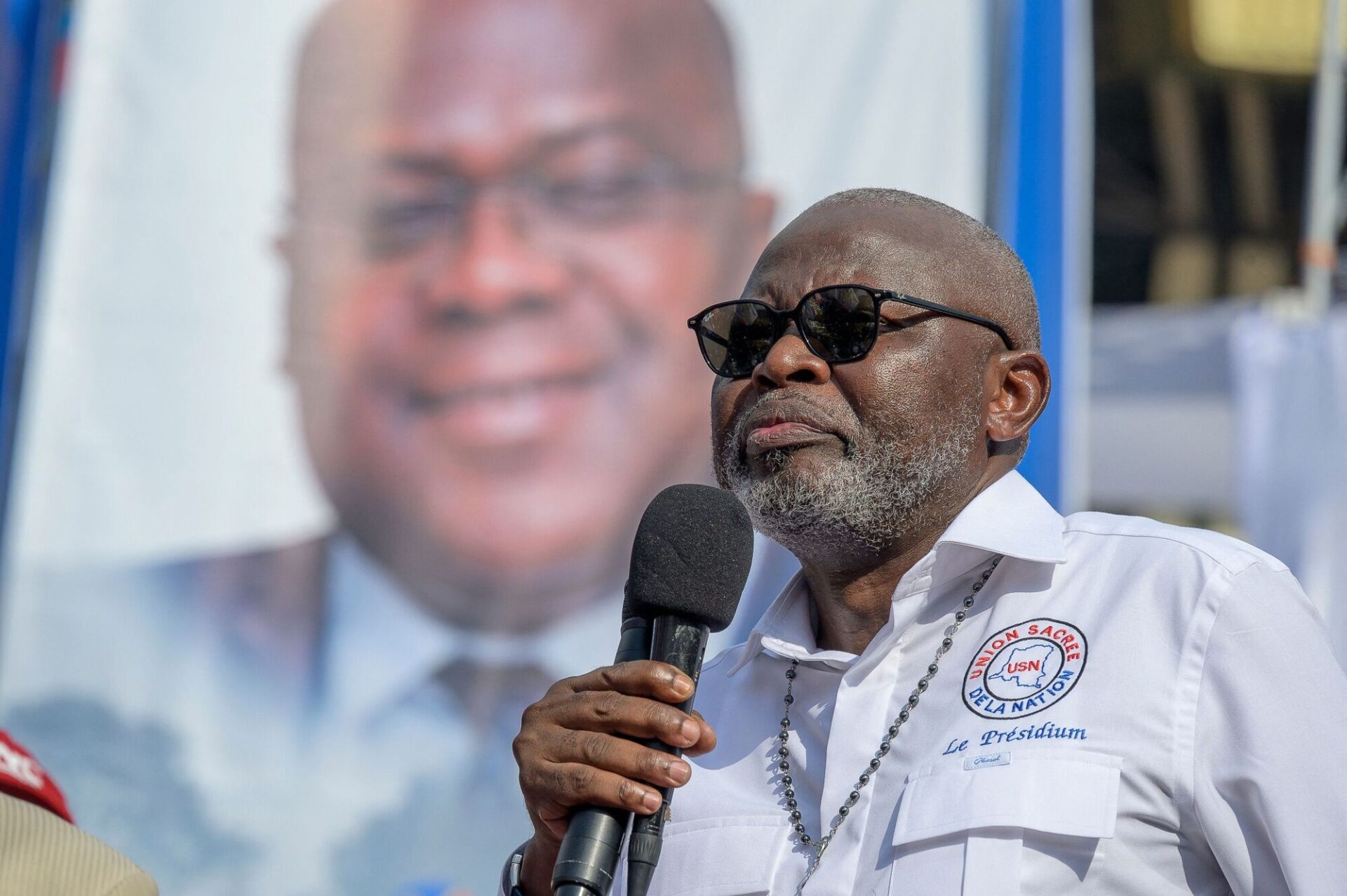Former President Olusegun Obasanjo, yesterday, asked Ndigbo and their governors to take their destiny in their hands by developing the South-East geographical zone instead of waiting for the government.
Obasanjo said there was no need for the governors to wait for the Federal Government to develop South-East when they already had the instruments already.
Obasanjo noted that economy and security were two sides of the same coin, adding that none could be achieved without the other.
He also asked Igbo elders to intervene in the on-going agitation for Biafra Republic to bring the situation under control.
Obasanjo described the Igbo stock as unique people, saying their entrepreneurial and communal efforts were driven with the spirit of adventure.
He spoke as the Deputy Senate President, Ike Ekweremadu asked President Muhammadu Buhari to obey an earlier court order compelling the Federal Government to release the detained leader of the Indigenous People of Biafra, IPOB, Nnamdi Kanu.
Ekweremadu further lamented that the South-East zone was not represented at the apex level of either the military or the police.
On the rule of law and fundamental human rights as enshrined in the 1999 Constitution as amended, Ekweremadu insisted that Kanu must have his day in court and if court orders his release, he must be released.
Both Obasanjo and Ekweremadu spoke, yesterday at the South East Economic and Security Summit in Enugu.
Among those who attended the summit included former Secretary of the Commonwealth, Chief Emeka Anyaoku; former Vice President, Dr. Alex Ekwueme; Chief Pascal Dozie; Mbazulike Amaechi; Ben Akabueze; Gen. Azubuike Ihejirika (retd), among other dignitaries.
President Muhammadu Buhari was expected as a guest during the summit but he neither attended nor sent any representative.
Develop your zone, don’t wait for FG, Obasanjo tells S-East govs, Ndigbo.
According to Obasanjo, the aim of the summit was on how the industrious people of the zone could do things for themselves other than relying on government’s intervention.
Obasanjo said: “Insecurity in any part of the country affects the other. The instruments of doing the jobs are already with you.
“The South-East had been known from time for entrepreneurship, community effort services and their spirit of adventure. The papa Okafor has been there in my village right from when I was growing up and nobody has taken those traits away from the Igboman, but how do we use it to achieve economic prosperity and security?
“You can’t have security when the economy of your people is not well taken care of and you can’t have security without economic prosperity. What we need to do here is to harness what we have.
“The people of the South-East are extremely unique and need to be harnessed. We should work together and that is the purpose of this summit.”
The former president told the gathering to look in the ways of their fertile agricultural land, the Aba industrial cluster, and other minerals both on the surface and beneath the earth to grow their economy.
“Whatever we can do for ourselves, let us do it for ourselves. If I could go to Maiduguri when Boko Haram was raging and I had to try to reach out to them in the interest of the country, I don’t think I have to be eulogized for being part of the initiative of South-East summit.
“Security is all inclusive. If there is no security in any part of the country, there is no security in the entire country. All the governors have spoken. I am delighted. They said ‘we have things we can do if given the instrument’. You have the instruments already.
Obasanjo lists traits of Ndigbo
“We knew South-East for enterprise, entrepreneurial ability, communal interest and spirit of adventure. Nobody can take it away from them. What can we do with it in area of economy and security? The symbiotic relationship between economy and security has been mentioned by the governors and the chairman. You cannot have good economy when the security of your people is not taken care of. If security is not taken care of, the economy will diminish. What we have, how can we use it?
“The people of South-East are extremely unique. That uniqueness of the South-East must be used to your advantage,” Obasanjo said.
On agitation for a sovereign state of Biafra
On the agitation for a sovereign state of Biafra, Obasanjo attributed the situation to youth restiveness, caused by challenges facing the young people of the zone and asked: “But should we leave them with the agitation, should we leave them as elders?
“There should be agitation by the youths but should we leave them with the agitation? There is this saying that where youths are cutting trees in the forest, the elders should caution them because they are the people who know where the tree will fall,” he addeed.
Citing the Aba-made shoes and Ebonyi rice as examples, Obasanjo described the potentials of the South-East region as legendary, saying that the South-East could be the food basket of the nation.
He, however, described the challenge of youth restiveness in the region as understandable as the agitators had education and skills and yet they do not have jobs.
I’m not at war with Buhari
In his speech, Ekweremadu stressed that he was not at war with President Muhammadu Buhari, citing recent meetings he had had with the President.
Ekweremadu further called for the restructuring of the country, noting that if Nigeria’s democracy should thrive, the citizens should be ready to subject themselves to the basic rules of law.
He said: “So long as we have unified economic structure, it cannot work. It is also important that all parts of the country are represented in the affairs of government. As we talk now, nobody from the South-East is among the security chiefs in Nigeria.
“On human rights, the issue of liberty is an inalienable right. If court says release somebody, please do that. No matter the offence allegedly committed by Nnamdi Kanu, he should be released from detention.”
The Chairman of the planning committee of the summit and former Minister of Power, Prof. Bath Nnaji, said the essence of the summit was to brainstorm on how the private sector could work with the public sector to achieve infrastructure influx into the South East. Nnaji said the areas they are looking at to work on include gas pipelines, railway, sustainable agriculture, among other areas.
Anyaoku calls for restructuring of Nigeria
Earlier, Emeka Anyaoku, former Secretary General of Commonwealth and Chairman of the occasion, reiterated his call for the restructuring of Nigeria to have fewer and effective federating units for this country to have stability and faster pace of development.
“There is no need for Federal Government to periodically bail out any of the 36 non-viable units from dire financial conditions,” he said.




 Naira4 weeks ago
Naira4 weeks ago


 Naira4 weeks ago
Naira4 weeks ago


 Travel4 weeks ago
Travel4 weeks ago
 Naira3 weeks ago
Naira3 weeks ago


 Jobs4 weeks ago
Jobs4 weeks ago
 Naira4 weeks ago
Naira4 weeks ago
 Investment4 weeks ago
Investment4 weeks ago
 Travel4 weeks ago
Travel4 weeks ago
















